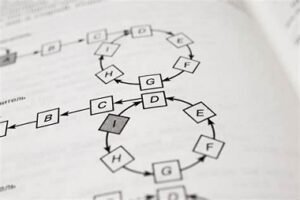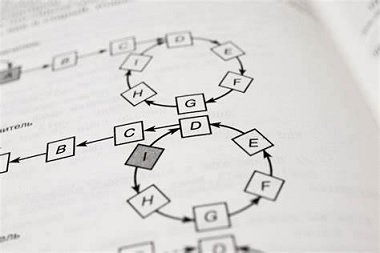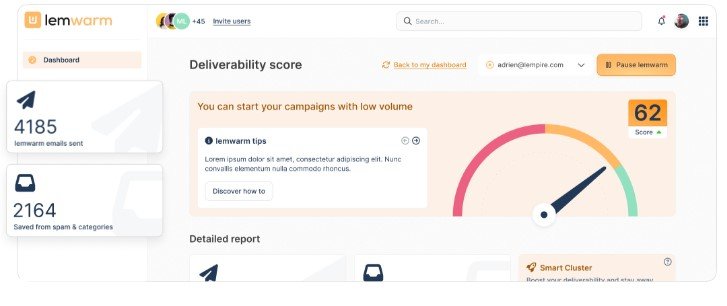In competitive exams, one of the most challenging yet thrilling sections is the algorithm-based problems. So, this is where the coding decoding questions pdf comes into play. These materials are not just about understanding coding; they’re puzzles that test logical thinking, problem-solving skills, and proficiency in deciphering complex patterns. This article dives into the world of these intriguing problems, offering insights, strategies, and tips to help students navigate this challenging aspect of competitive exams with confidence and skill.
Understanding the Essence Question PDFs
At their core, questions PDFs are logic puzzles. They require an astute understanding of patterns and the ability to apply theoretical knowledge practically. These materials often involve a series of steps where one type of information is transformed into another using a set of rules. The key is deciphering and applying these rules inversely to solve the problems. This exercise sharpens analytical skills and enhances cognitive abilities, making it a favorite among competitive examiners.
Strategies for Mastering Problems
1. Learn the Basics Thoroughly: Starting with the fundamentals of coding and algorithms is crucial. A strong foundation in basic concepts makes it easier to understand complex problems and instills confidence. It’s essential to know about the nuances of these concepts and familiarize oneself with various types of coding-decoding formats. Pay close attention to the common patterns used in these problems with the help of PDFs. Therefore, this includes understanding letter shifting, number coding, symbol-based coding, and their numerous variations. Often, competitive exams tend to blend these formats, creating layered problems that test both your knowledge and adaptability.
2. Practice Regularly: There’s no substitute for practice. Regularly solving different types of coding-decoding problems can significantly improve speed and accuracy. Time-bound practice sessions are particularly beneficial as they simulate real exam conditions. These sessions should focus on a variety of problem sets, ranging from basic to advanced levels. Incorporate increasingly complex scenarios to challenge your understanding and adaptability. Additionally, analyzing past exam papers can provide insights into frequently asked question types and formats. This methodical approach not only hones your skills but also builds a familiarity with the kind of challenges to expect, thereby reducing exam-day anxiety.
3. Develop a Problem-Solving Framework: Approach each problem with a systematic strategy. Begin by identifying what type is used – letter shifting, numerical operation, symbol substitution, etc. Then, work on decoding the pattern step by step. Take the time to analyze each component of the sequence. Check for patterns in the way letters or numbers are arranged, and consider any possible logical sequences or mathematical operations involved. Once a potential pattern is identified, apply it to a part of the code to test its validity. Keep in mind that some problems may involve multiple layers of coding, so it’s crucial to be thorough in your analysis. This methodical approach not only aids in accurate decoding but also enhances critical thinking skills.
Tips to Enhance Problem-Solving Efficiency
– Break Down the Problem: Avoid becoming daunted by the problem’s complexity. Segment the issue into smaller, more manageable sections. Adopting this strategy simplifies the process of discerning patterns and grasping fundamental reasoning.
– Use Mnemonics and Memory Aids: Develop your own mnemonics to remember different coding patterns and rules. These aids are particularly useful in recalling complex algorithms during high-pressure exam scenarios.
– Stay Updated on Exam Trends: Exam patterns evolve over time. Keeping abreast of the latest trends and types of questions asked in recent exams can give an edge in preparation.
Final Thoughts
In conclusion, coding decoding questions pdf is more than just a test of coding knowledge; it is a measure of logical thinking, problem-solving ability, and adaptability under pressure. Students can turn these complex challenges into scoring opportunities by understanding the basics, practicing regularly, and developing a strategic approach to problem-solving. Remember, each problem solved is a step closer to exam excellence. With dedication and the right strategies, mastering these intriguing puzzles is achievable and an enjoyable part of the competitive exam journey.


















